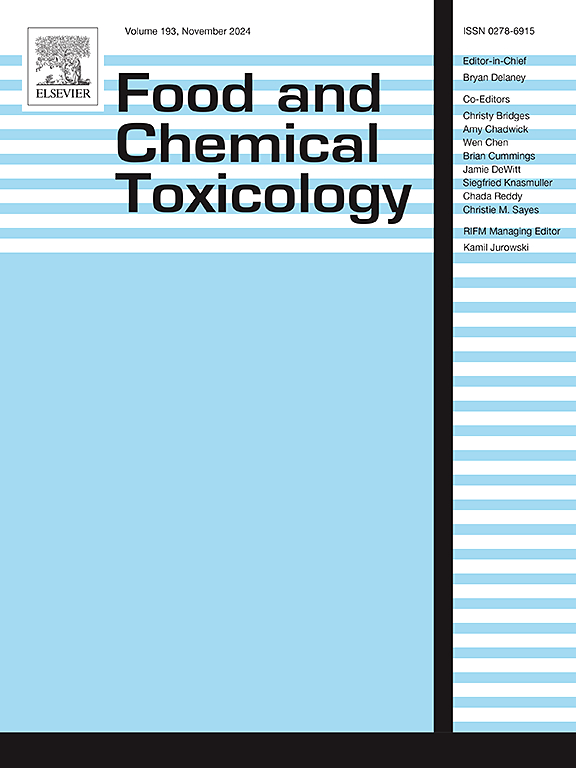Analysis of trends and allergenicity risk assessments in novel food approvals within the European Union between 2018 and 2023
IF 3.9
3区 医学
Q2 FOOD SCIENCE & TECHNOLOGY
引用次数: 0
Abstract
Novel food (NF) approvals in the European Union between 2018 and 2023 (n = 117) were retrieved and analysed. They consist of new NF (52.1%), modification (38.5%), and traditional food (9.4%). The average time taken for new NF applications to be approved was 38 months in 2023, with clock-stops occurring in all approvals since 2020. For new NFs, only 21.3% and 9.8% performed tests by bioinformatics homology and immunological analyses respectively, suggesting that allergenicity assessments remain a challenge. Allergenicity risks were regarded as possible for 47.5% of the new NF approvals, while 52.5% were expected to be low, very low, or unlikely. However, it was not always clear what the decision was based on. While protein intake levels were rarely mentioned in the allergenicity conclusions of approvals, new NFs with allergenicity risks typically had protein intake exceeding 1 mg/day. Establishing a dose that represents a Threshold of Allergological Concern below which a protein is unlikely to cause sensitisation in consumers, could make de novo allergenicity assessment of NFs more feasible. This approach might exempt certain proteins from testing, instead focusing on proteins of possible allergenic relevance.
求助全文
约1分钟内获得全文
求助全文
来源期刊

Food and Chemical Toxicology
工程技术-毒理学
CiteScore
10.90
自引率
4.70%
发文量
651
审稿时长
31 days
期刊介绍:
Food and Chemical Toxicology (FCT), an internationally renowned journal, that publishes original research articles and reviews on toxic effects, in animals and humans, of natural or synthetic chemicals occurring in the human environment with particular emphasis on food, drugs, and chemicals, including agricultural and industrial safety, and consumer product safety. Areas such as safety evaluation of novel foods and ingredients, biotechnologically-derived products, and nanomaterials are included in the scope of the journal. FCT also encourages submission of papers on inter-relationships between nutrition and toxicology and on in vitro techniques, particularly those fostering the 3 Rs.
The principal aim of the journal is to publish high impact, scholarly work and to serve as a multidisciplinary forum for research in toxicology. Papers submitted will be judged on the basis of scientific originality and contribution to the field, quality and subject matter. Studies should address at least one of the following:
-Adverse physiological/biochemical, or pathological changes induced by specific defined substances
-New techniques for assessing potential toxicity, including molecular biology
-Mechanisms underlying toxic phenomena
-Toxicological examinations of specific chemicals or consumer products, both those showing adverse effects and those demonstrating safety, that meet current standards of scientific acceptability.
Authors must clearly and briefly identify what novel toxic effect (s) or toxic mechanism (s) of the chemical are being reported and what their significance is in the abstract. Furthermore, sufficient doses should be included in order to provide information on NOAEL/LOAEL values.
 求助内容:
求助内容: 应助结果提醒方式:
应助结果提醒方式:


